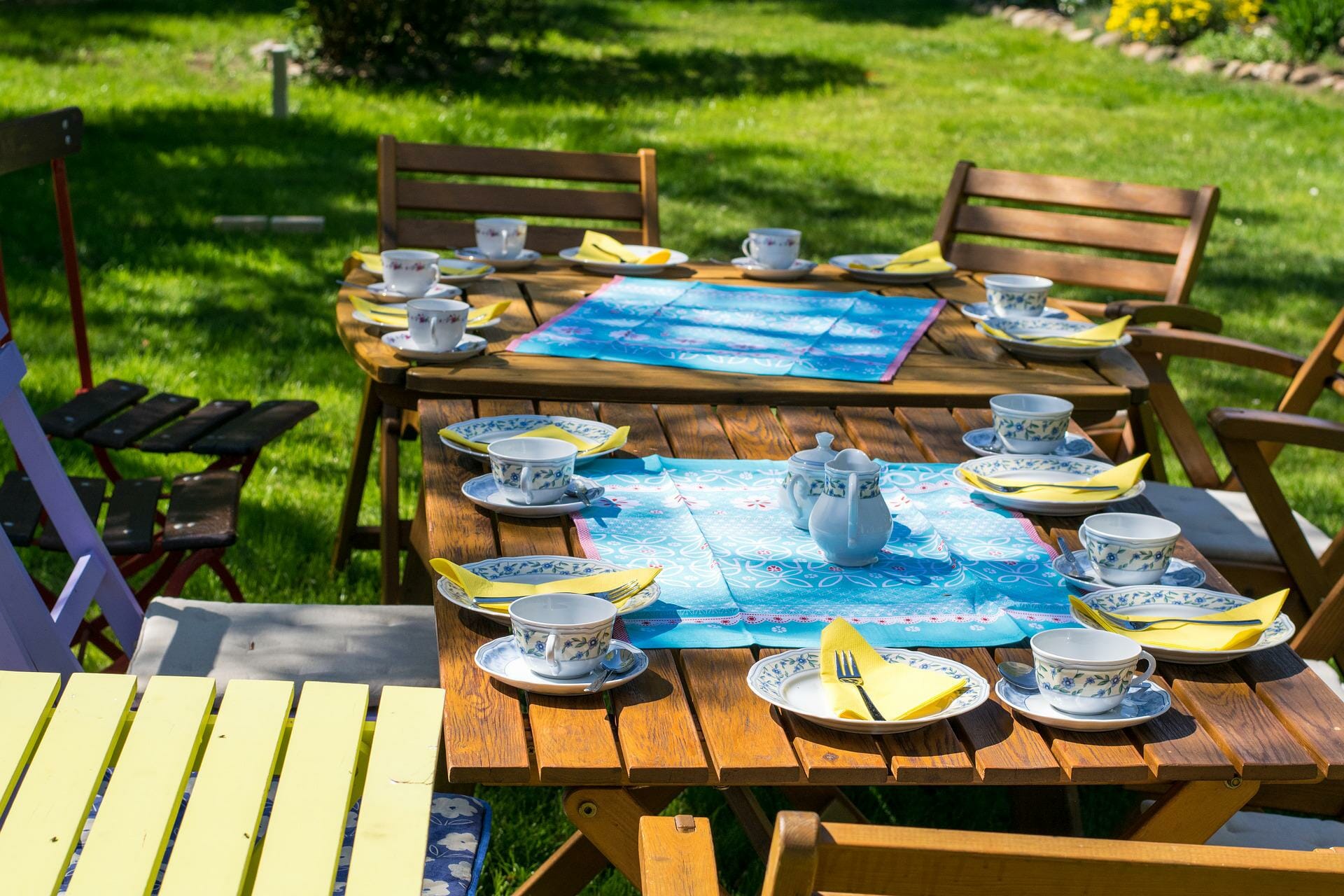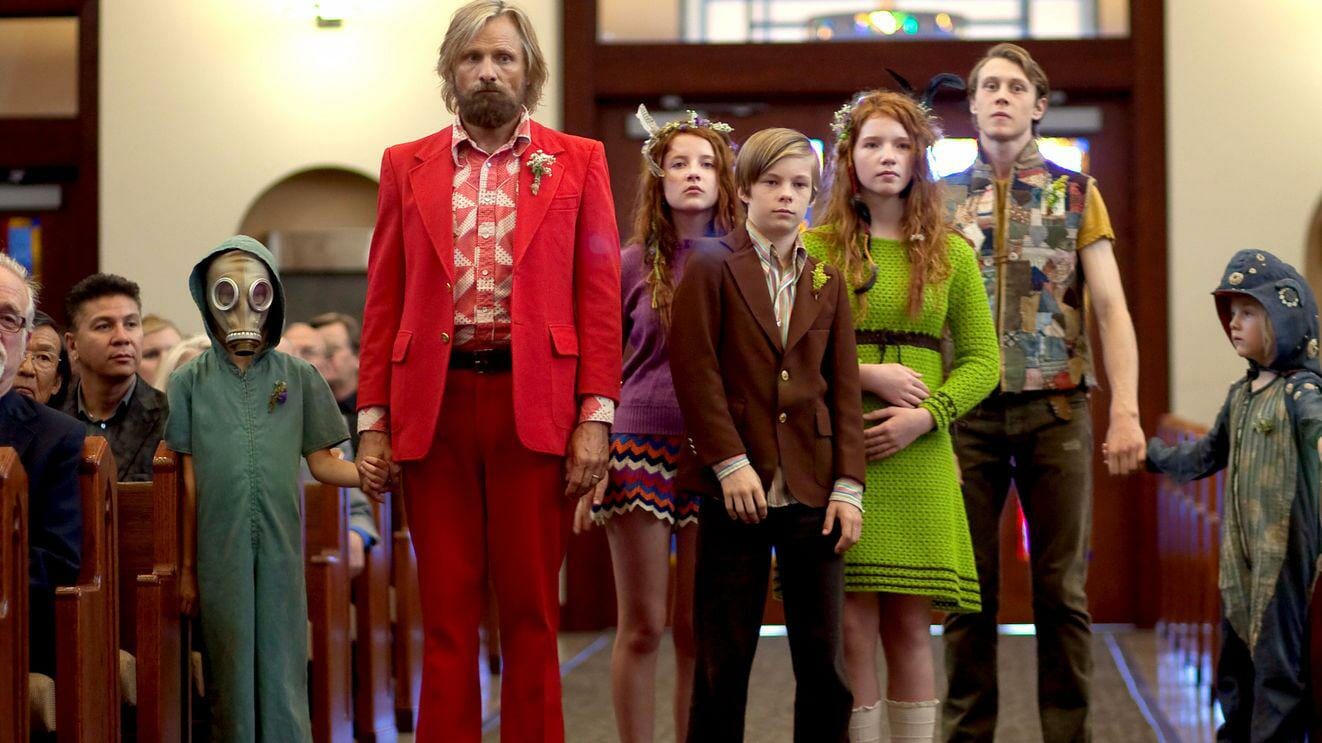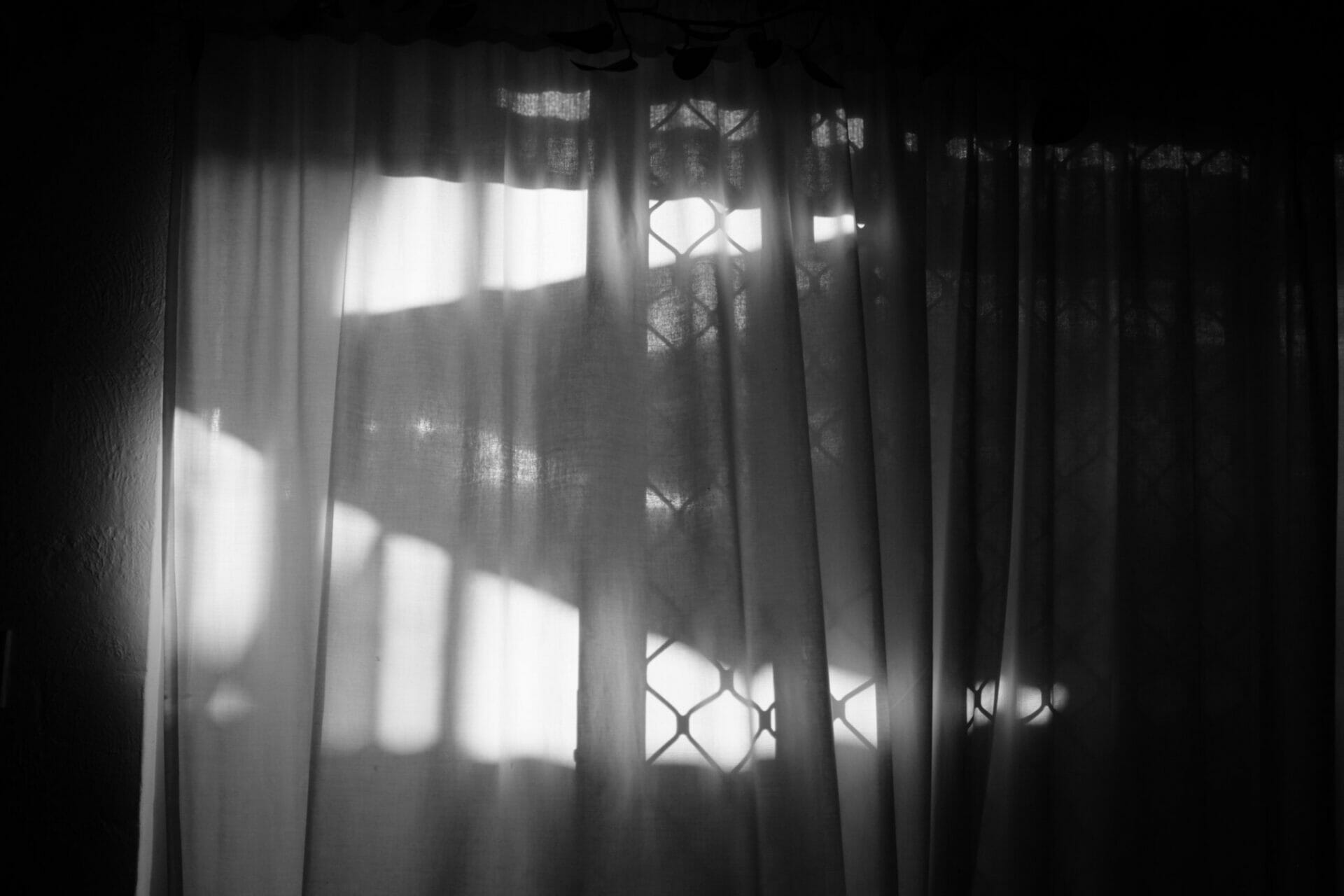
Parenthood | The white picket fence family illusion
Creator
Director
Year
Country
Seasons
Runtime
Genre
Subgenre
By
Some series take the viewers to other worlds (The Handmaid’s Tale), put them in front of paradoxical situations (Breaking Bad) or are full of twists and turns (Game of Thrones). Making the ordinary captivating, however, can require just as much inventiveness. Telling the story of everyday life within domestic walls – without falling into banality and stereotypes – is not easy. Parenthood, produced by NBC, is one of the examples of how family saga has reinvented itself and evolved in the 2000s.
The Braverman
As an ensemble family drama, Parenthood is loosely based on the movie of the same title, directed by Ron Howard. The Bravermans are a big family with a strong sense of belonging. Zeek (Craig T. Nelson) and Camille (Bonnie Bondelia) look like the classic baby-boomer couple achieving the American dream. A good house to enjoy after retirement, and four adults children, each with their own family. In short, a true white picket fence family. However, in the very first episode, they throw fits to each other during a normal and noisy family dinner. They argue and, like every family, are far from perfect.
Adam (Peter Krause), as an ideal father and son, has to juggle thousands of demands. Parents, wife, and children come at him with all sorts of issues he has to solve. Sarah (Lauren Graham), forthright and messy, has to move back in with her parents and her two teenage children. She is penniless and in need of a fresh start. Crosby (Dax Shepard), an unruly womanizer and eternal Peter Pan, tries to figure out how to make it on his own. And Julia (Erika Christensen), a busy and perfectionist lawyer, struggles with loving imperfections and managing the off-schedule. They are different, yet also so tied to each other. Through six seasons they will fail, rejoice, grow and change. And us as an audience will do the same.
Life hits the family as a whole
Parenthood, as the title suggests, aims to dissect family dynamics. In particular, it allows us to see how the parent-child relationship has changed over time. It’s no coincidence that it came out only one year after Modern Family, ideally as its drama version. The many intertwining plot lines of the story allow the facing of numerous and faceted issues many families go through.
The creator, Jason Katims, freely drew from his own family experience to create the show, injecting a fair amount of authenticity to it. Parenthood talks about single parenting, infertility, adoption, separation and betrayal, coming out, illness. But it also represents sharing, reunion and pure love. A special spot, thanks to Katims’ personal history, is given to autism and its management. An issue he also dealt with in the more recent series As We See It. In an interview for The Child Mind Institute, the creator more generally pointed out that:
The premise of the show is that your children aren’t who you expected them to be; that’s what you have to deal with as a parent. That works both on the level of Max as a child with Asperger’s and a teenage daughter who was out smoking pot.
Jason Katims, ‘Parenthood’ and Asperger’s: A Talk With the Show’s Creator’, March 2011
Illness, specifically breast cancer, is another important theme in its managing, different stages, and impact on the entire family. Some of these issues are also present in other series such as Trying, Grey’s Anatomy or Atypical. The originality of Parenthood, however, lies in showing how each of these issues affects the entire family unit, from grandparents to parents and siblings.
Style and Filming
The daily reality of many families also inspires the series filming technique. At PaleyFest 2013, Katims said:
We would bring real moments [so] we shoot with three cameras, often we shoot both sides of the scene at once which allows the actors to react off each other.
Jason Katims, PaleyFest 2013
The decision to use multi-camera shooting is thought of as a strategy to make the Braverman’s daily universe as much realistic as possible. In some cases, it also made it possible to have unforeseen results compared to the scripted stage. The same goes for the overlapping dialogue, which creates confusion and immersion at the same time. It emulates the typical chaos of the kitchens and the lunches within numerous families. These two elements, combined with the camera operators’ adjustment to the scene vibe, anchor the series to the reality it aims to represent.
An Italian adaptation
Parenthood, as underlined in a research by S. Antonioni (Professor at the University of Urbino) and C. Checcaglini (a Phd researcher), was the first American series to be re-adapted in Italy by Rai Uno as Tutto può succedere, thanks to Cattleya.
According to the two academics, the remake was facilitated by the narrative core of the series. The large family, and the important role reserved for grandparents, reflects the typical Italian family. This fact is favored, on the one hand, by the cultural proximity that binds the two countries, but it is also connected to a “narrative transparency”. A cultural proximity that is possible regardless of their geographical origins.
Many elements of the plot are either copied or slightly modified. The theme song (italian theme song), the grandparents’ big house, the names of protagonists. Because of the Rai production line, as well as cultural differences, some elements have been modified. On the contrary, less space is given to relationships with large age differences or sex in general. Also the soundtrack and the setting are obviously different: Fiumicino is distant in many ways from Berkley, California.
This trend continues with other re-adaptations such as Noi, taken from another more recent USA family saga, This is Us. Both series, in fact, revolve around a large and united family. They leave room, however, for some innovation that allows to modernize and rejuvenate the traditional narrative. This latter factor also allows the Italian public channel to broaden its audience, involving younger viewers and increasing attraction for family evenings.
Tag
Buy a ☕ for Hypercritic









